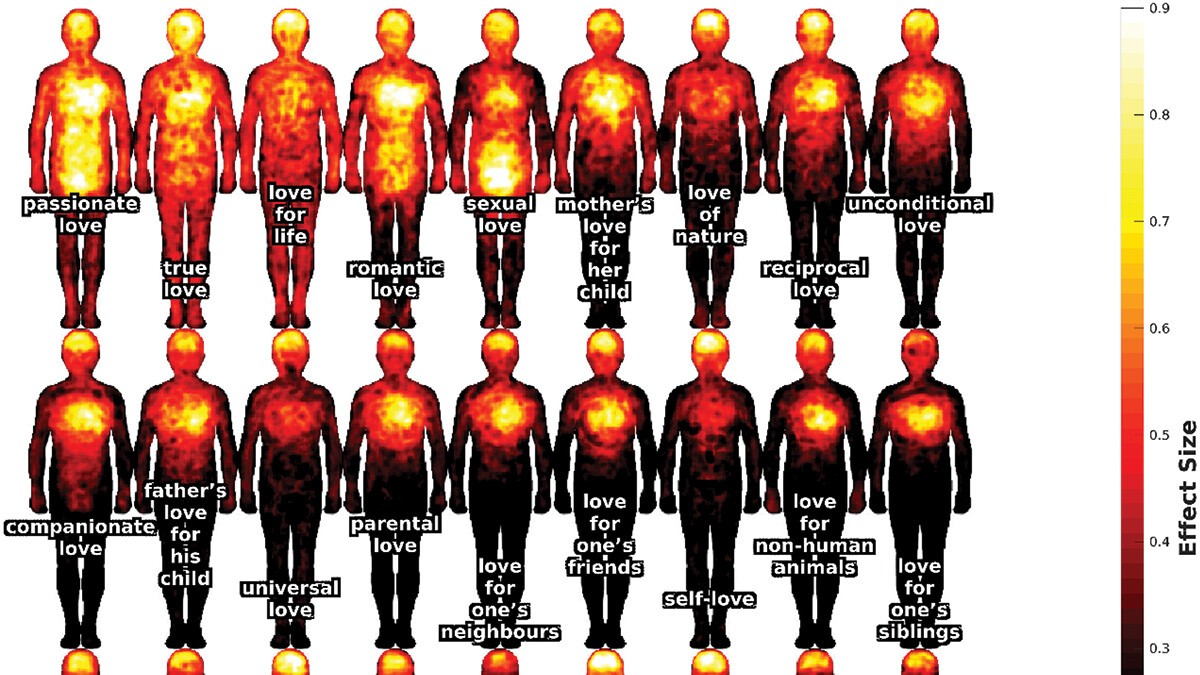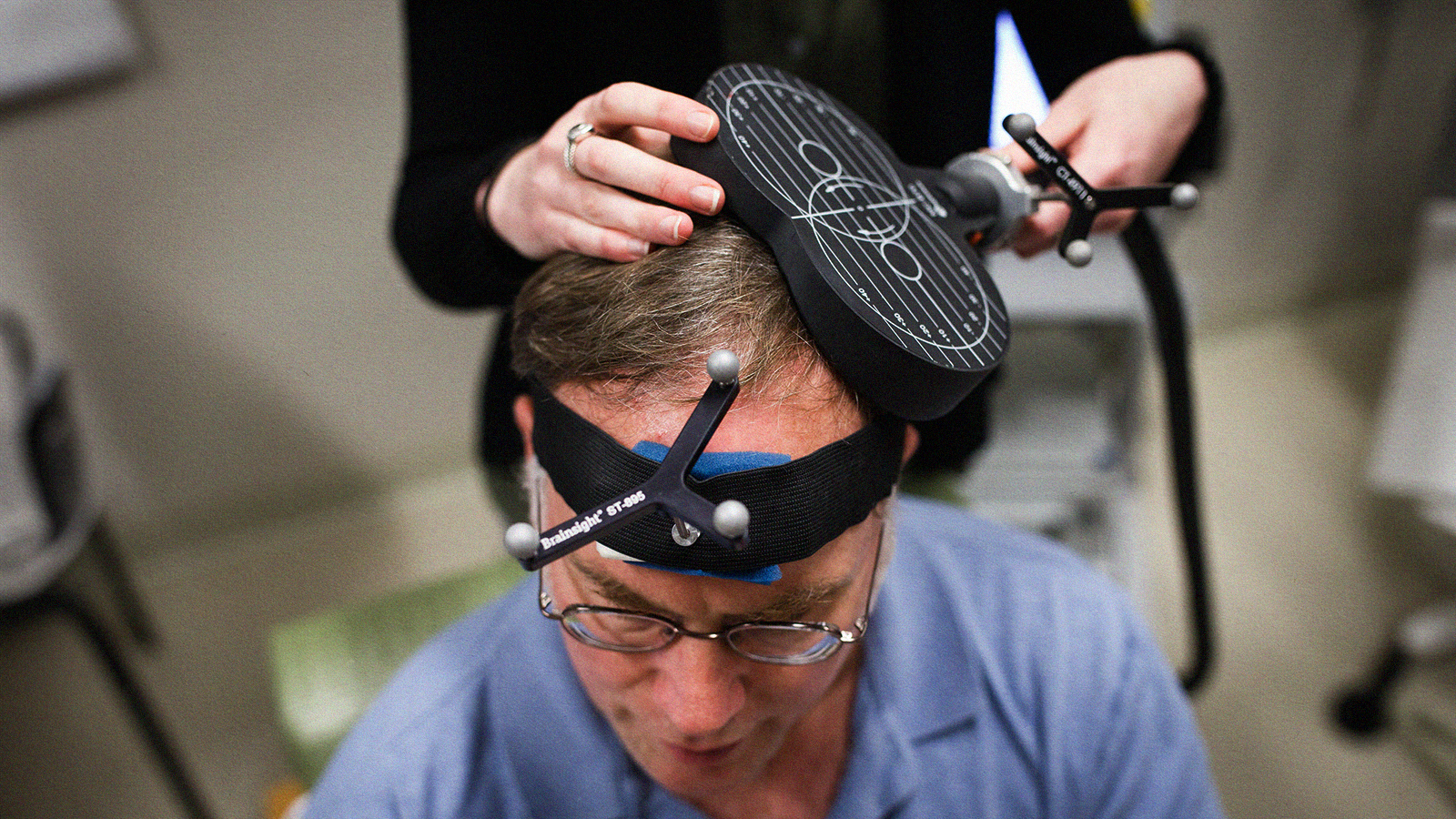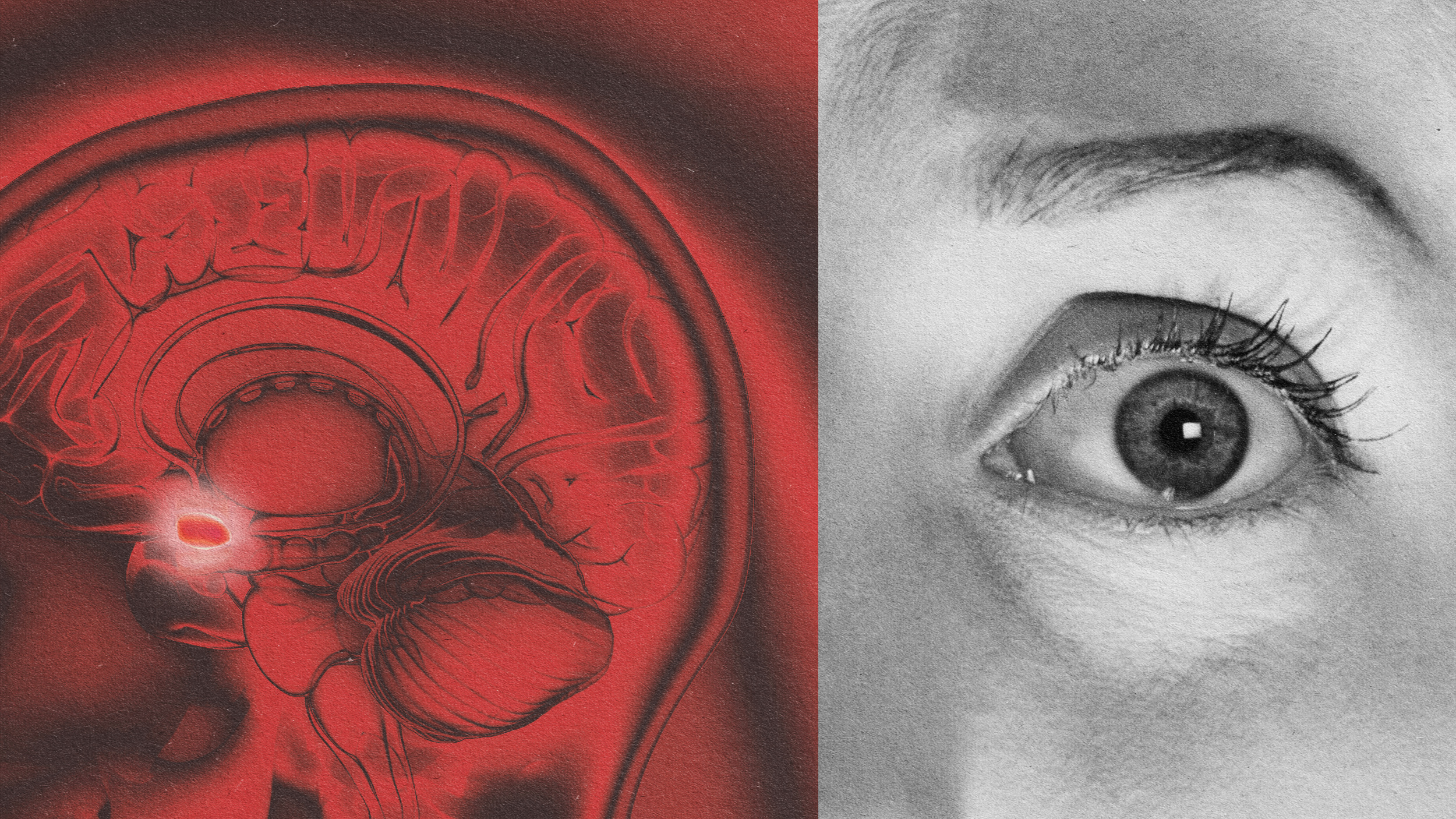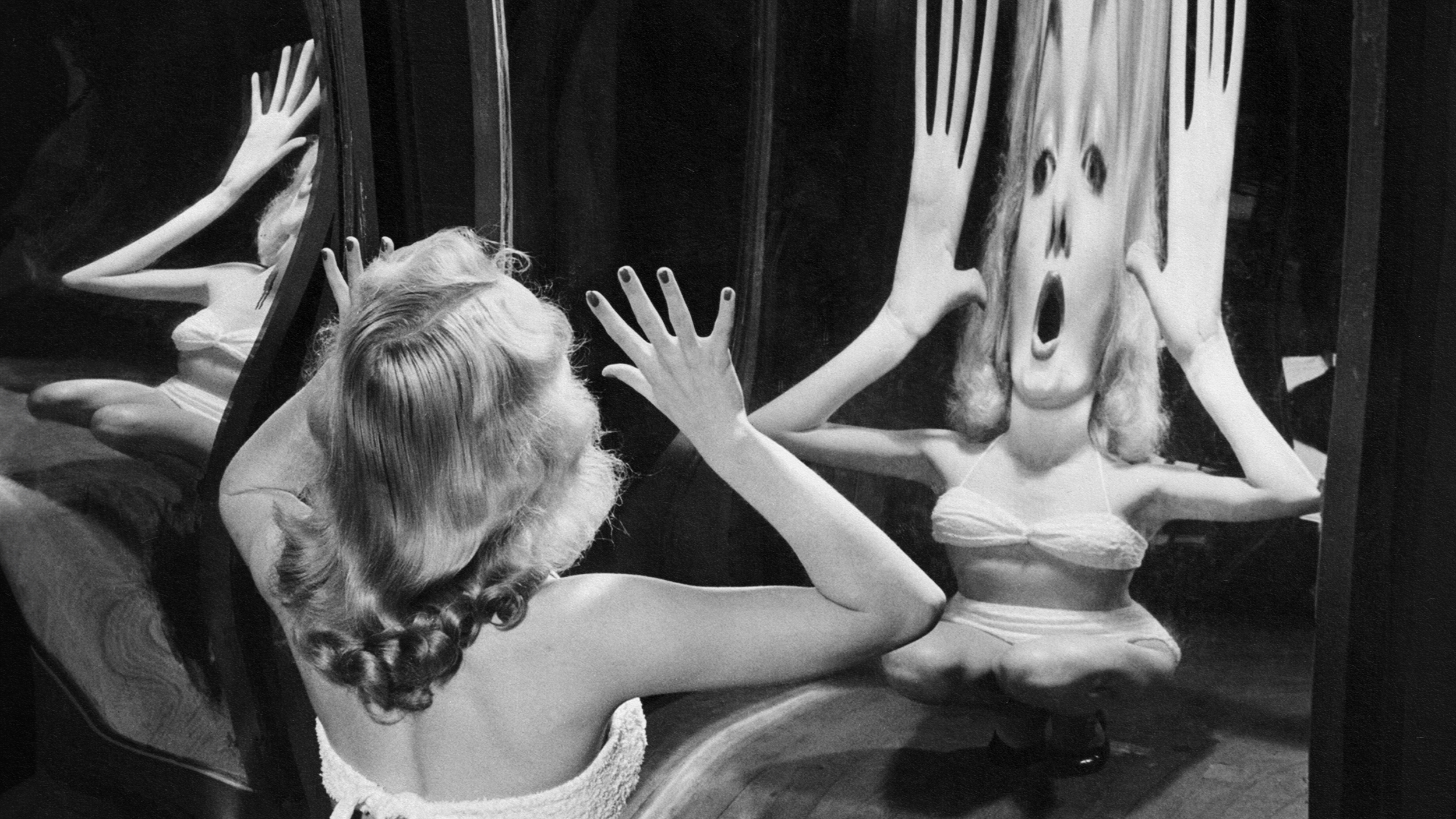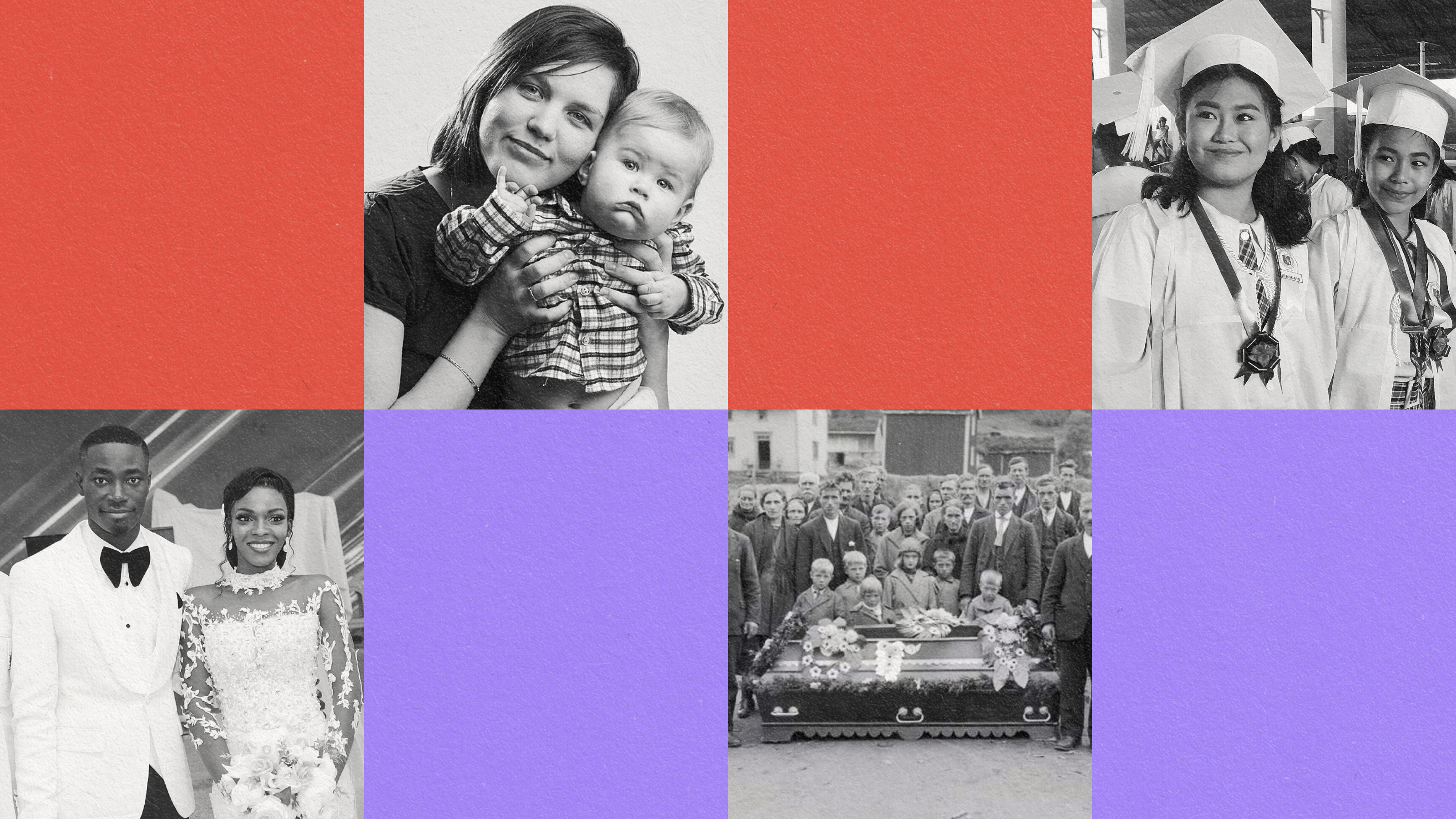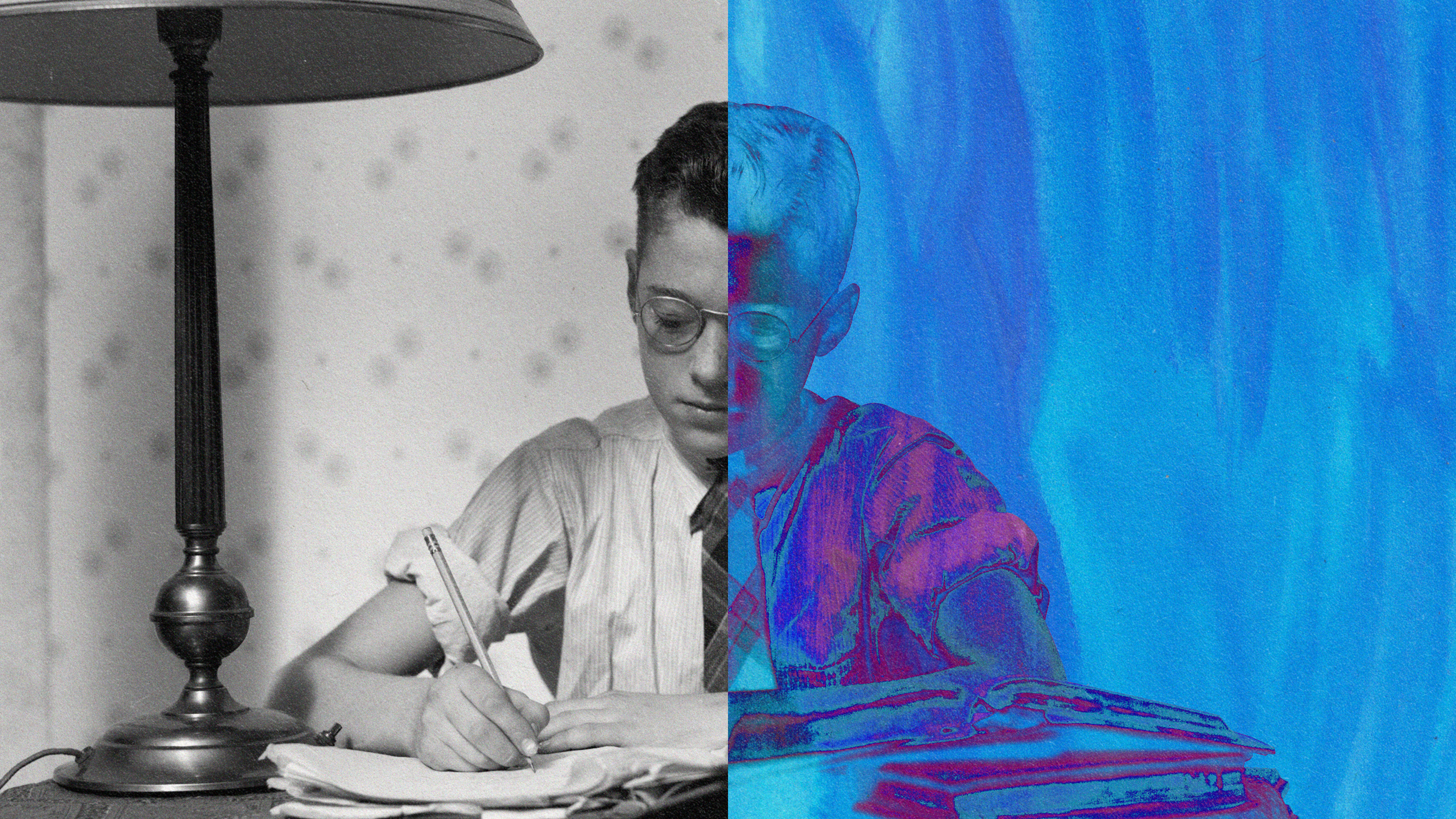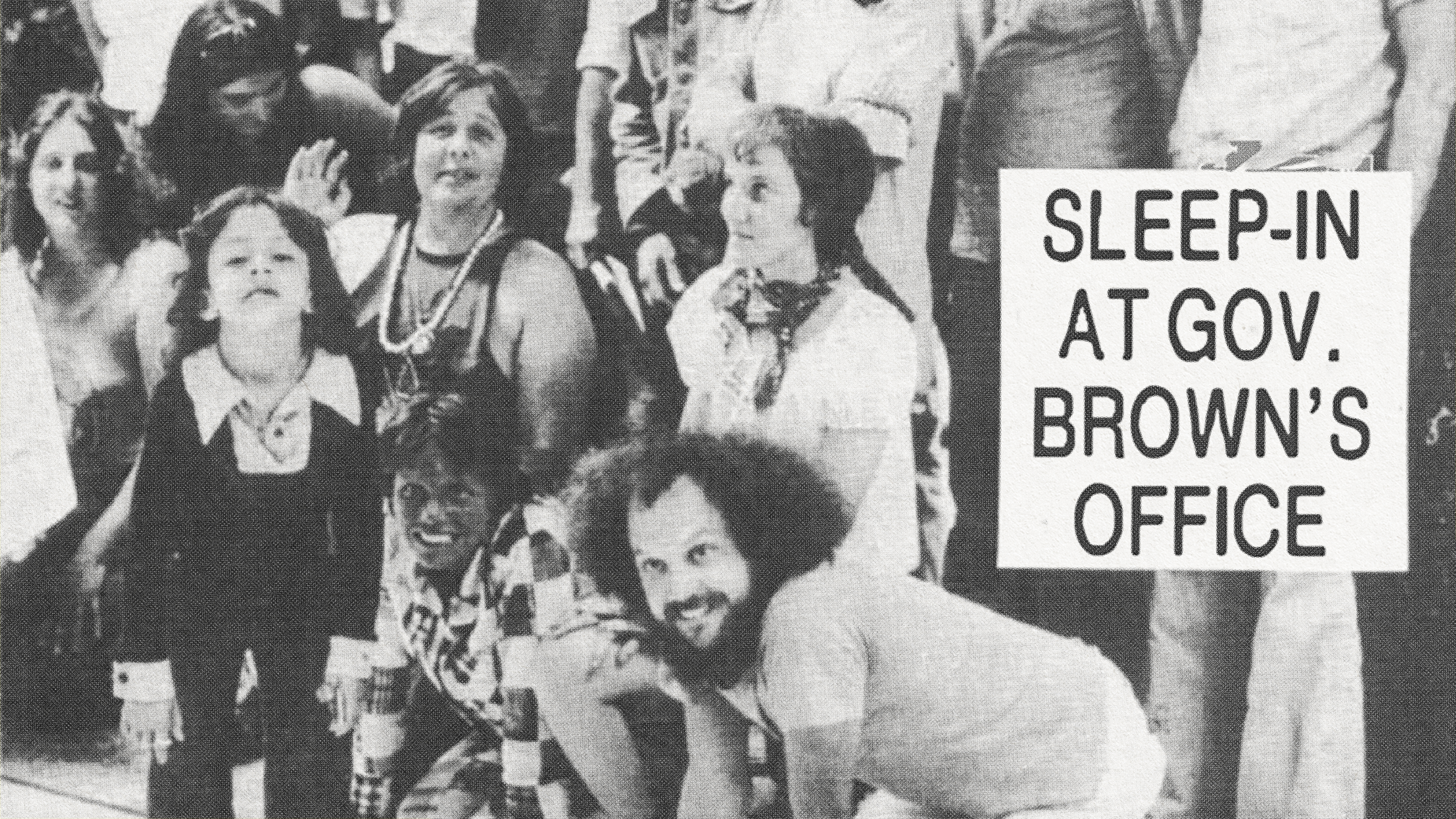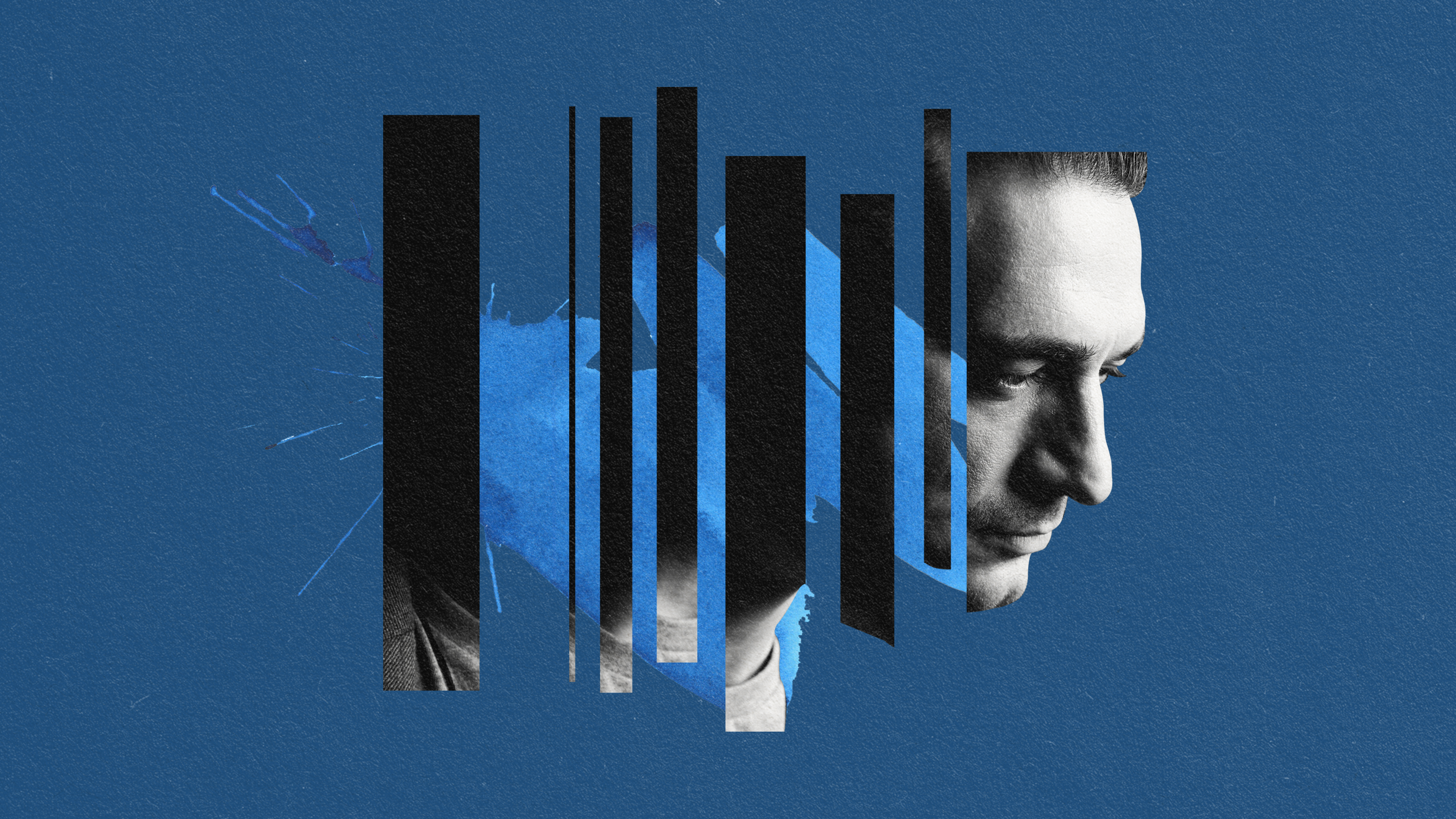Neuropsych
All Stories
What a long strange trip it’s been.
Survey data suggests that our bodily perceptions of love extend far beyond the heart.
If someone can make you feel insecure, incomplete, and inadequate, they then can present themselves as the solution you need.
A healthy lifestyle even protects those who are genetically predisposed to depression.
Goalkeepers have an enhanced ability to integrate auditory and visual information compared to other players.
Only about 10% of patients survive cardiac arrest. Of the ones who do, many have amazing stories to tell.
If you want to achieve new goals, harness your brain’s ability to change chemically, structurally, and functionally.
Chronic pain is often driven by brain processes that can be reprogrammed.
Recent high-profile instances of fraud in psychology have led some to wonder if there’s anything useful about the field at all.
Could a theory from the science of perception help crack the mysteries of psychosis?
For people with hard-to-treat depression, a non-invasive technique called transcranial magnetic stimulation (TMS) can provide relief.
“When Harry Met Sally” lied to you.
The amygdala can hijack your brain’s response if it recognizes past trauma in a current situation. To regain control, simply press pause.
We are prone to false memories. One reason is that we are biased toward remembering tidy endings for events, even if they didn’t exist.
There are hints that it could lead to new treatments for Parkinson’s, Alzheimer’s, and other brain disorders.
In a psychedelic state, the relationship between your “narrative” and “minimal” selves seems to transform in unique ways.
Musical preferences are correlated with personality traits — and these connections are largely consistent across cultures and continents.
Jung thought these autonomous entities live in your unconscious mind — often at a cost.
Language influences how you visually process the world, which in turn influences your memory of it.
There’s really only one mistake you can make: continue doing the same thing you already know is hurting you and expect a different result.
Medical psychologist Catherine Monk explains how prenatal mental care benefits both mothers and babies.
A few key moments are linked to significant shifts in thoughts, feelings, and behaviors.
Listening to some songs can cause a powerful physiological response known as “frisson.” What is it, and why does it happen?
Studies on “growth mindset” interventions fail to show significant benefits.
Anger and silence are the two worst reactions.
Are fools happy and geniuses disorganized — or is that a mistaken stereotype?
A brief look at the six-decade challenge to psychiatry.
It could explain why so many people don’t respond to common antidepressants.


